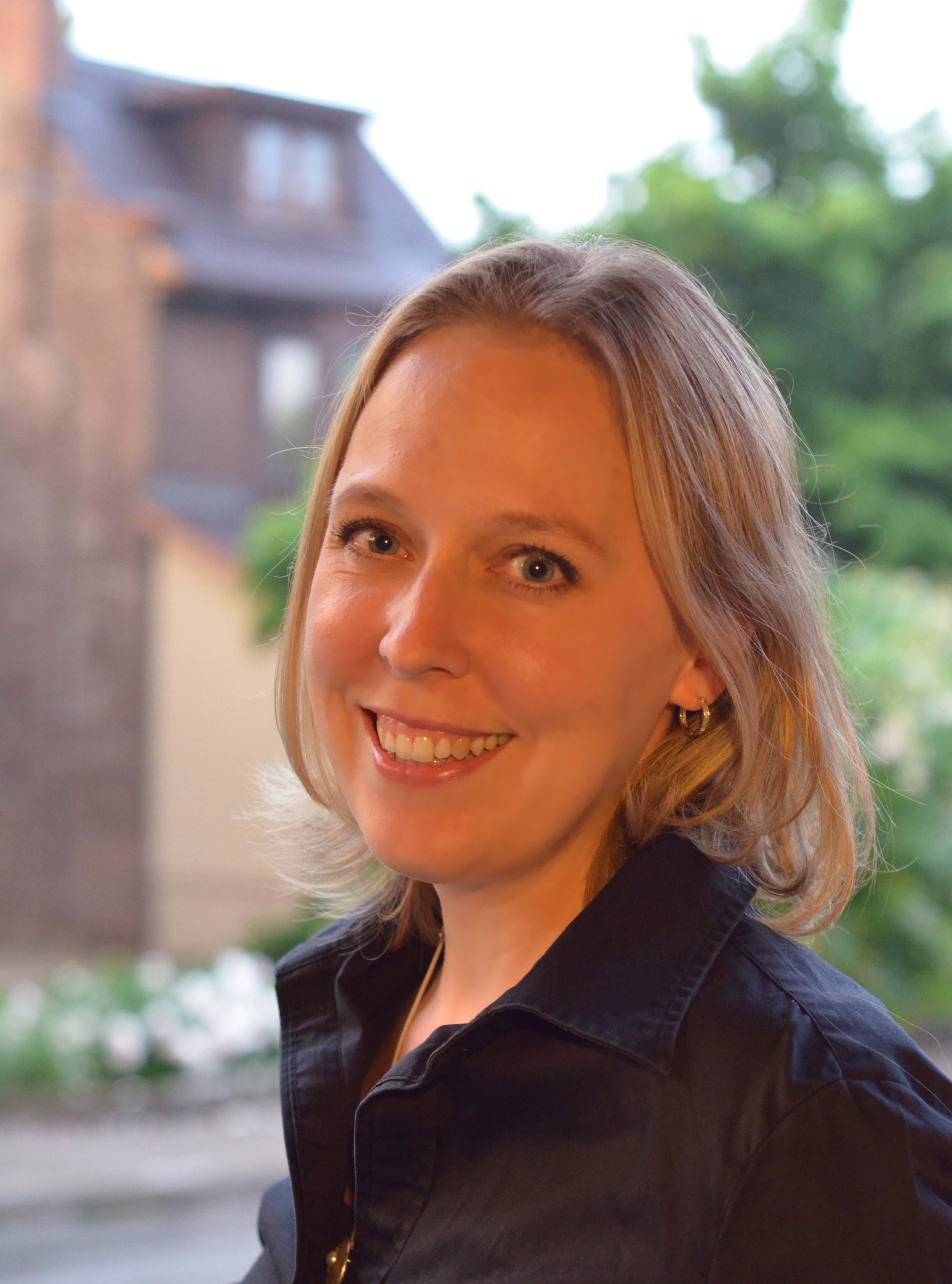It’s a fact: Germany needs babies. The generous welfare system of this social democracy needs young people to work hard and pay enough taxes to support the rest of society. One problem: young people are too busy working to bother with raising the next generation of workers. How to solve it? Pay them to reproduce!
Ok, it sounds like really tacky social engineering when I put it that way. Let me try again.
Women who are nearing childbirth or have just given birth are in a fragile state and are caring for the precious gift of new life. Let us support them in this important task and give them time off with full pay, before and after the birth for, oh, let’s say 14 weeks? Yes, 6 weeks ahead of time because carrying that burden of a belly is tough and the stress of the workplace could be dangerous. And 8 weeks after the baby arrives, to ensure good mother-child bonding, to allow time for healing and rest. And then, well, we know how important those first few years of life are in the development of a human. Let’s go ahead and give the parents the option to stay home for the first year, and pay them 70% of their salary to do so. Because we’re modern, we’ll let them choose which parent stays home, or allow them to split the time however they see fit for their family. And then give the mother the option to return to her full-time employment after three years, when the child is in preschool – and allow her to work part-time during those three years if she wants, because that might be good for her (and us) too.
And well, because all children are important to the future of this country and all children deserve equal opportunities in life, let’s go ahead and give ALL PARENTS something called KINDERGELD for the entire time that their children are financially dependent on them, say up to age 25? That sounds good, that way the kids can study or learn a trade and still be supported well by their parents. That sounds good.
Is that utopia?
It’s Germany. The country where I have often asked myself if dogs are cherished more than children (another topic for another day…) This country showers you with money for having kids, and I know that Europeans think this is totally normal, like a human right or something. But to an American, it’s incredible luxury.
It starts with those 14 weeks of fully paid maternity leave. That pay is split between your employer and your insurance (so get the paperwork filled out in time!) but in the end, it’s 100% of your net income in your bank account. Then, new since 2007, there is Elterngeld, which will pay 70% of your salary for the first year (alas, there is no allowed overlap of these two benefits). It’s flexible, so that either parent can stay home. It will even pay a minimum of €300 per month to every new mother, whether she has been working or not. That means even stay-at-home moms are finally getting some financial reward. And if you have other children under the age of 3 that you are caring for (whew! so much extra work!), you get an extra €75 per month during that first year. That is amazing. Again, get your paperwork in on time – this is definitely worth it! But be aware – this benefit is counted as part of your household income by the tax man. You’ll want to set a little bit aside each month for him.
And then, from the day your child is born until the age of 25, or as long up to that age as your child is financially dependent on you, there is Kindergeld. Currently, Kindergeld is €184 per child per month, if you have one or two kids. For more children, the amount goes up slightly, capped at €215 per child per month (sample table here). This benefit requires different paperwork at a different office, so again – get the paperwork done. There are really no strings attached to this benefit – perhaps it is largely seen as a social equality measure. In the early days it will help finance all that baby gear and the diapers, bottles, etc. And later, it can help finance the generously subsidized preschools available to all children in Germany. And later still, perhaps it will help pay for piano lessons or a soccer club or those fancy new designer shoes your teenager is desperate for.
Think kids are important to the future? Germany thinks so, and it shows.



All these German Kinder cash incentives don’t seem to be working. According to the latest data, the German birth rate has sunk to new lows: taz – Super, Deutschland schafft sich ab!